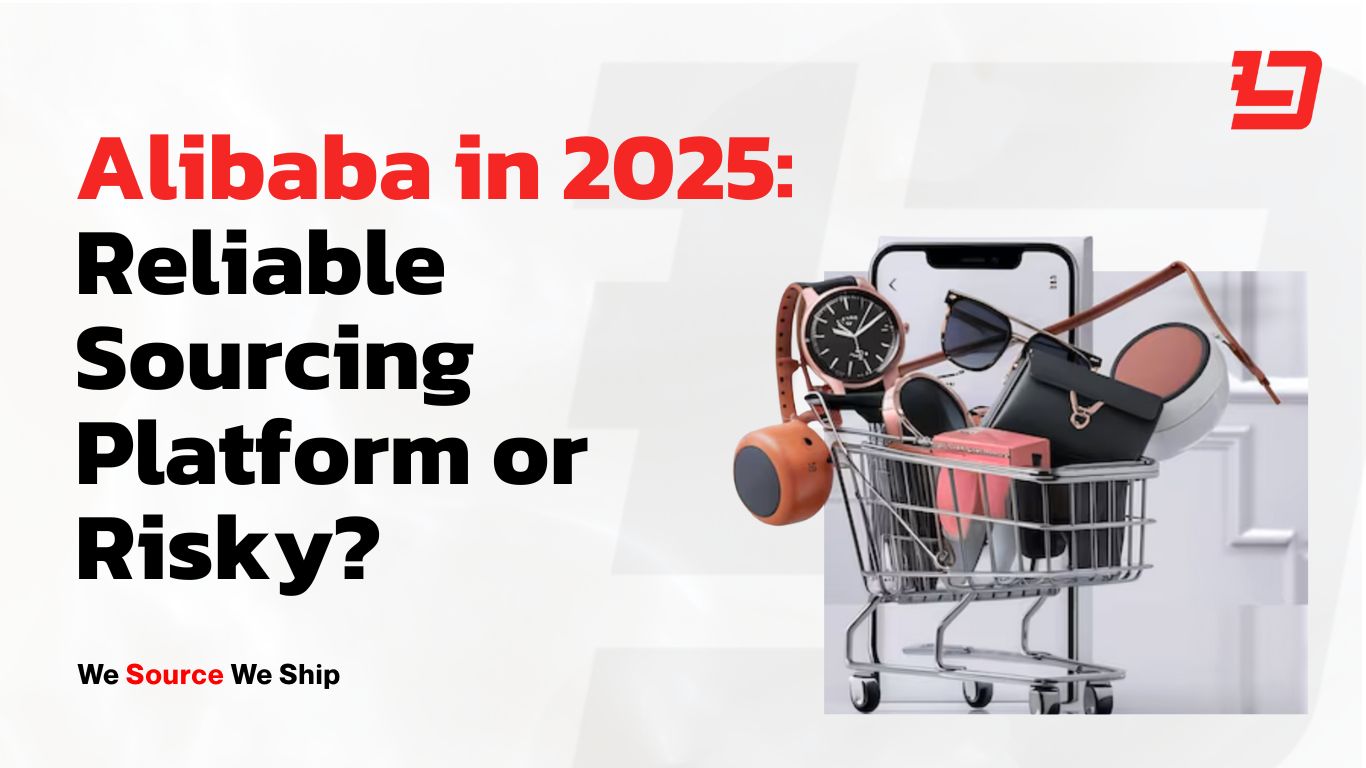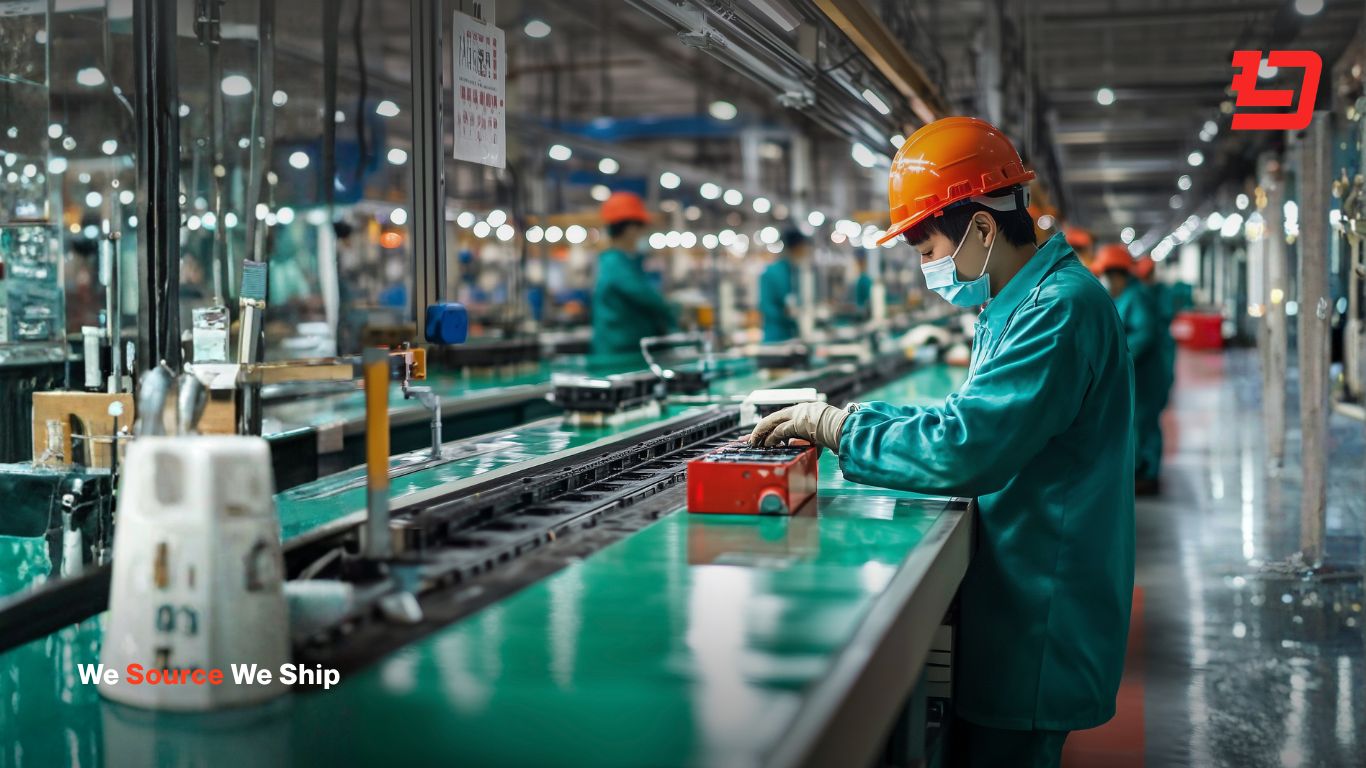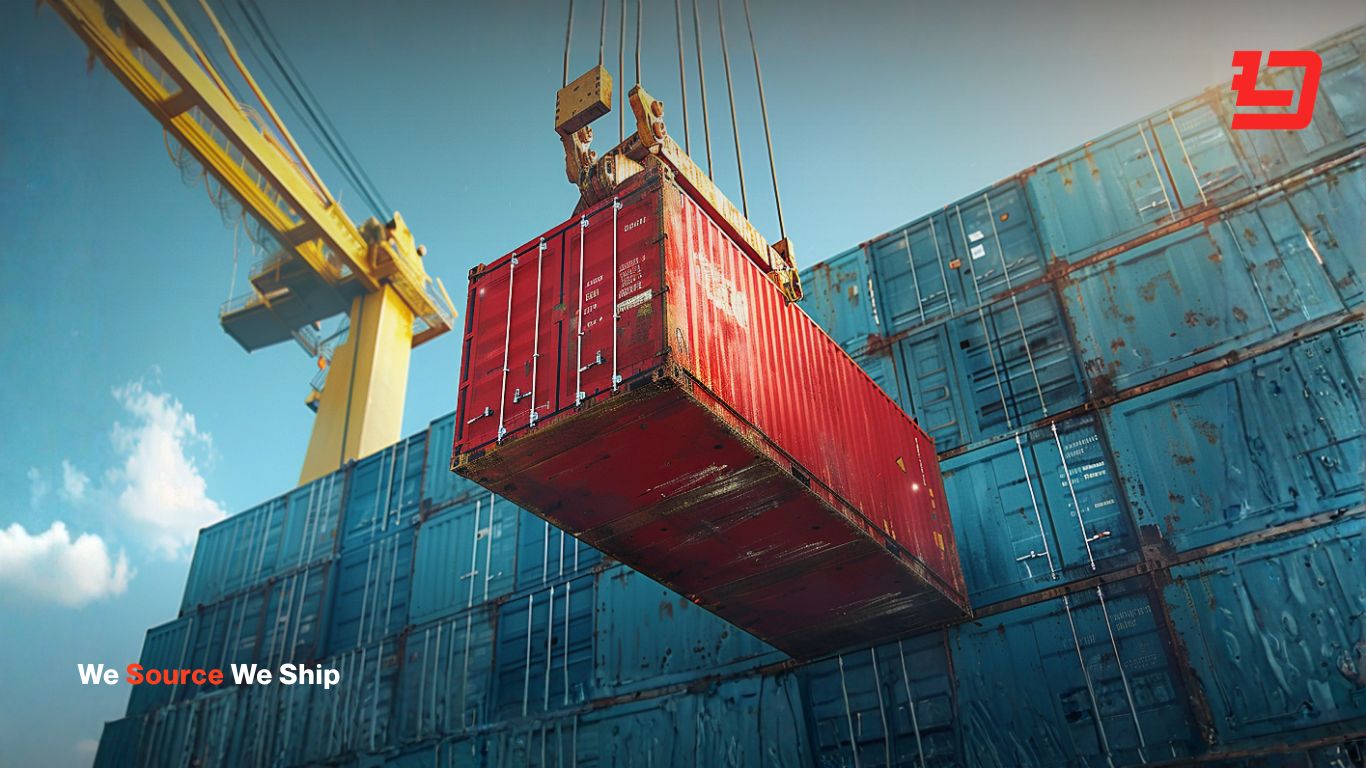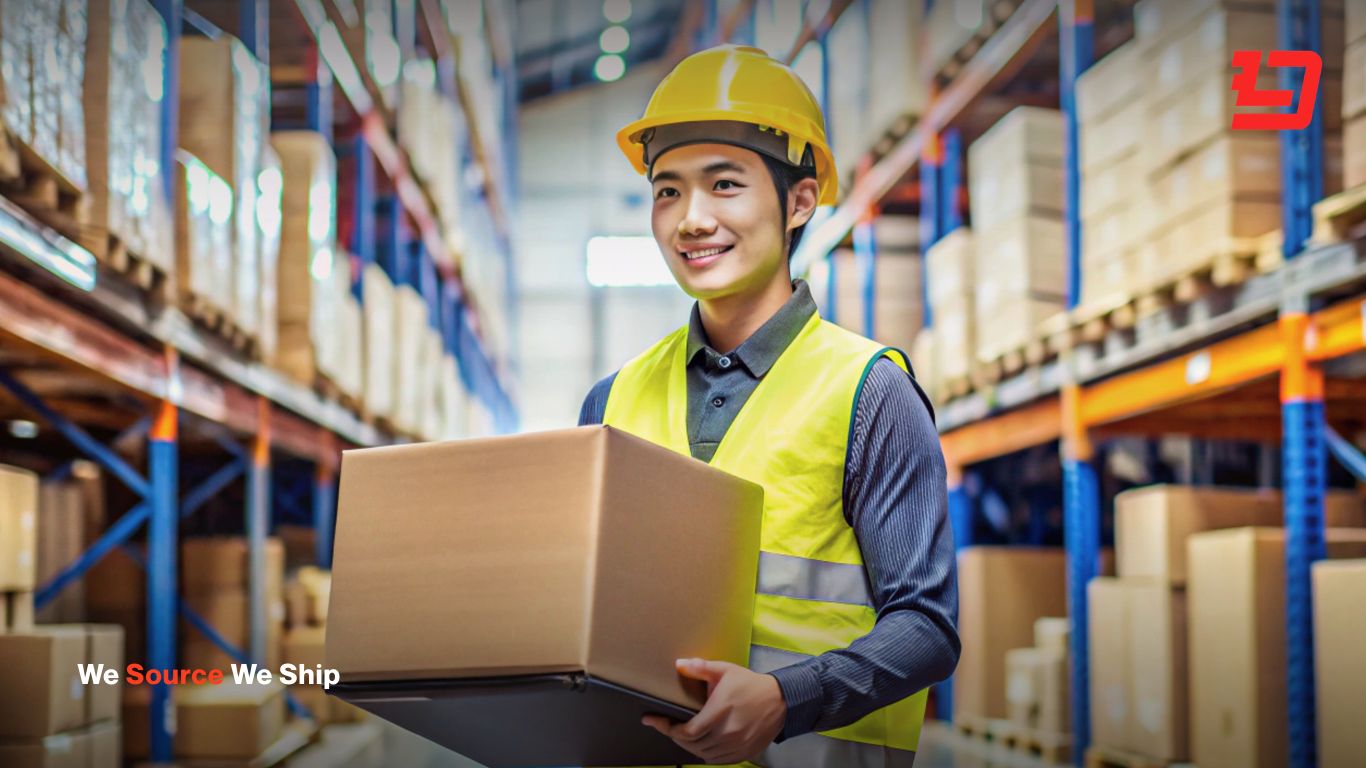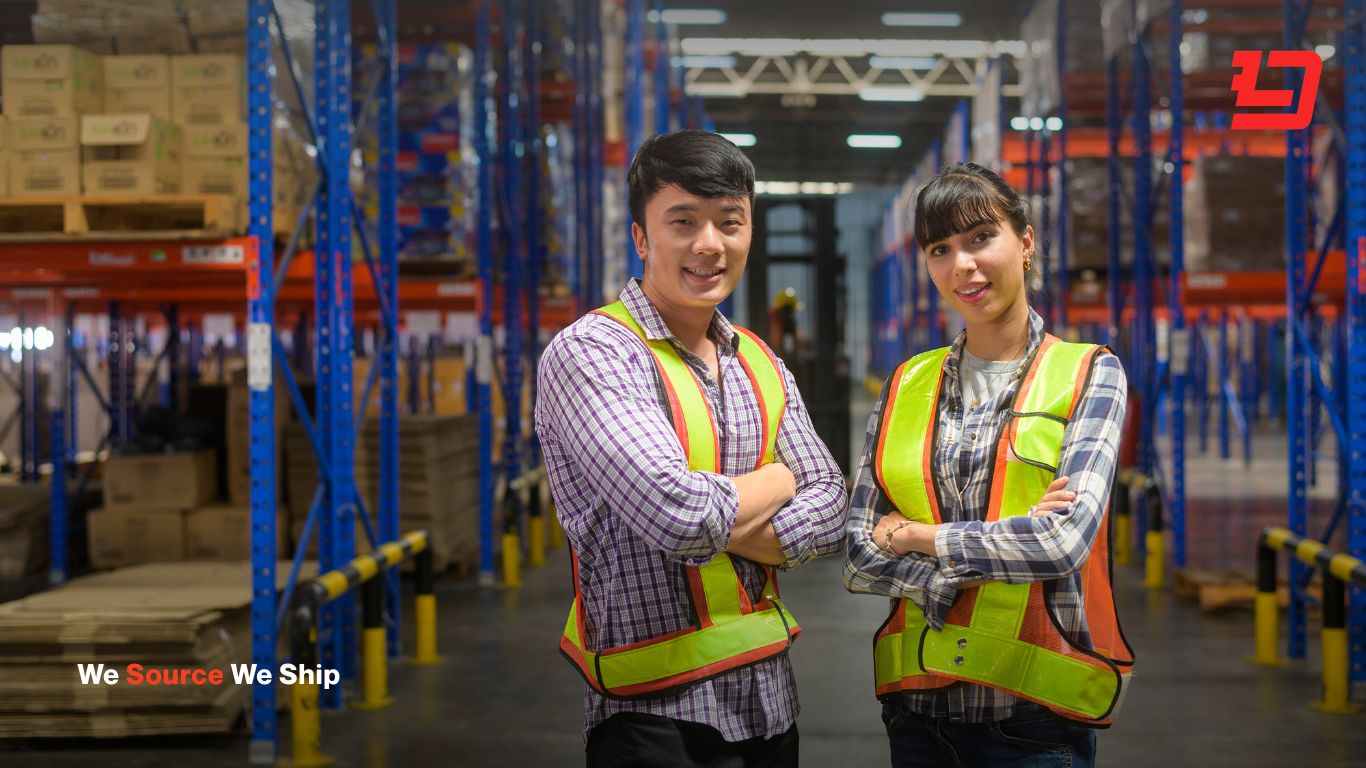Alibaba has become the first stop for millions of entrepreneurs searching for products to manufacture or resell. With thousands of listings across every imaginable category, the platform promises access to China’s massive manufacturing network from anywhere in the world.
But with opportunity comes risk. Alibaba is legitimate, yet not every supplier on it is. Fake listings, middlemen, and low-quality manufacturers can easily hide behind professional-looking profiles.
This 2025 guide helps ecommerce owners understand how Alibaba really works, what’s reliable, what’s not, and how to use it safely when sourcing products from China.
If you want to explore a full sourcing strategy that goes beyond Alibaba, read our China Sourcing Guide for Scaling Ecommerce Brands.
1. What Is Alibaba?
Alibaba is a global business-to-business (B2B) marketplace founded in 1999 by Alibaba Group. It connects buyers worldwide with manufacturers, wholesalers, and traders—mostly based in China.
Unlike consumer platforms like Amazon or AliExpress, Alibaba doesn’t sell products itself. It acts as a bridge, allowing buyers to contact suppliers directly, negotiate prices, and arrange production or private labeling.
The scale is staggering. Alibaba serves over 40 million active buyers and supports trade across 200+ countries, according to 2024 company reports.
2. Alibaba’s Reliability and Legitimacy
Alibaba is a legitimate and regulated global marketplace. The platform has built-in systems designed to protect buyers, including:
- Verified Supplier: Factories verified through third-party inspections.
- Gold Supplier: Paid memberships indicating more established sellers.
- Trade Assurance: Escrow protection that refunds buyers if suppliers fail to meet agreed terms.
However, while Alibaba is legitimate, supplier reliability varies widely. Some listings belong to genuine factories, while others are middlemen reselling goods from unknown sources. In 2025, Alibaba continues to remove thousands of fake accounts each month, but due diligence remains essential.
3. How Alibaba Works
The process of sourcing from Alibaba is straightforward, but knowing how to navigate it safely is crucial.
- Search for a product or supplier using relevant keywords.
- Filter results by Verified Supplier or Trade Assurance.
- Contact suppliers to confirm pricing, MOQ, and customization options.
- Negotiate payment terms and lead times.
- Place your order through Trade Assurance for protection.
- Arrange shipping through freight forwarders or your chosen logistics partner.
Alibaba acts as the connector. It does not control factory operations or product quality—responsibility still lies with the buyer.
4. Buying from Alibaba
Buying from Alibaba can be highly profitable if done correctly. The platform offers factory-direct pricing, customization options, and access to almost every industry. But it also has pitfalls.
Common risks include:
- Fake suppliers using stolen factory images.
- Middlemen pretending to be manufacturers.
- Poor communication leading to misunderstandings.
- Quality issues after sample approval.
To minimize risk:
- Always verify the supplier’s business license.
- Ask for factory photos or a live video call.
- Check reviews, years in business, and response rate.
- Request samples before bulk production.
The safest suppliers are usually those who have been operating for over three years, respond quickly, and clearly explain their production capabilities.
5. Dropshipping with Alibaba
Many new sellers confuse Alibaba with AliExpress, but the two serve very different purposes.
- Alibaba is for bulk wholesale orders and private labeling.
- AliExpress is for single-unit dropshipping and smaller retail orders.
While some suppliers on Alibaba claim to support dropshipping, it’s rarely a smooth process. Lead times are longer, and many factories focus on bulk production rather than single shipments.
If you want to scale your ecommerce business with faster delivery, partnering with a China-based fulfillment company or 3PL is a smart move. They can store your inventory locally, manage shipping, and maintain consistent product quality.
6. Pros and Cons of Using Alibaba for Business
| Pros | Cons |
|---|---|
| Access to millions of suppliers and factories | Risk of fake or unverified listings |
| Competitive factory pricing | Requires careful supplier vetting |
| Trade Assurance protects payments | Communication and time zone barriers |
| Supports custom branding and bulk orders | Quality can vary significantly |
Alibaba can help brands find excellent factories, but only when paired with strong quality control and clear communication.
7. Tips for Secure Shopping on Alibaba
Verify Every Supplier
Before sending any payment, verify the supplier’s Chinese business license using the National Enterprise Credit Information Publicity System (NECIPS). Make sure the company name, address, and contact details match across all documents.
Check Factory Credentials
Request ISO or product-specific certifications (like CE, RoHS, or FDA). A genuine manufacturer will provide these without hesitation.
Use Trade Assurance Payments Only
Always pay through Alibaba’s Trade Assurance system. It holds funds until you confirm that your order meets agreed conditions. Avoid direct transfers, Western Union, or personal accounts.
Ask for Samples and Inspections
Inspecting samples before production helps you confirm material quality and finish. Hire third-party inspectors or local teams in China for final pre-shipment checks.
Communicate Clearly and Keep Records
Keep all communication inside Alibaba’s messaging platform. It creates a paper trail in case of disputes. Use clear, simple English and confirm every agreement in writing.
Work with Local Support if Possible
Brands that use bilingual sourcing teams or China-based agents have fewer quality and communication issues. Local partners can visit factories, confirm production status, and handle packaging or logistics on your behalf.
8. FAQs
Q1: Is Alibaba safe for small businesses?
Yes, Alibaba is safe when you use verified suppliers and Trade Assurance payments. The platform itself is legitimate, but buyers must still perform due diligence before sending money.
Q2: What is the difference between Alibaba and AliExpress?
Alibaba is a wholesale B2B platform for bulk orders and custom manufacturing. AliExpress is for retail purchases and small dropshipping orders.
Q3: How can I verify an Alibaba supplier is real?
Check the company’s Chinese business license, ask for video verification, and confirm that the license name matches the bank and invoice details.
Q4: What is Alibaba Trade Assurance?
Trade Assurance is Alibaba’s escrow service that holds your payment until you confirm order completion. It covers product quality, lead time, and shipping protection.
Q5: Should I work directly with factories or use a sourcing agent?
If you’re new to sourcing, using a local sourcing partner or inspection service in China is safer. They verify licenses, inspect quality, and handle communication for you.
Alibaba remains one of the most powerful tools for global sourcing in 2025. It gives ecommerce brands direct access to millions of Chinese factories, competitive pricing, and endless product options.
But like any open marketplace, it demands caution. Success on Alibaba depends on research, verification, and reliable oversight. If you plan to use Alibaba for bulk sourcing, always verify suppliers, request samples, and schedule quality inspections before production.
For ecommerce brands ready to scale, local expertise makes the difference. Our bilingual team in Shenzhen helps verify factories, manage quality control, and coordinate logistics from production to delivery.
If you need professional support for sourcing, supplier verification, or quality control in China, we can help you build a reliable and transparent supply chain.


